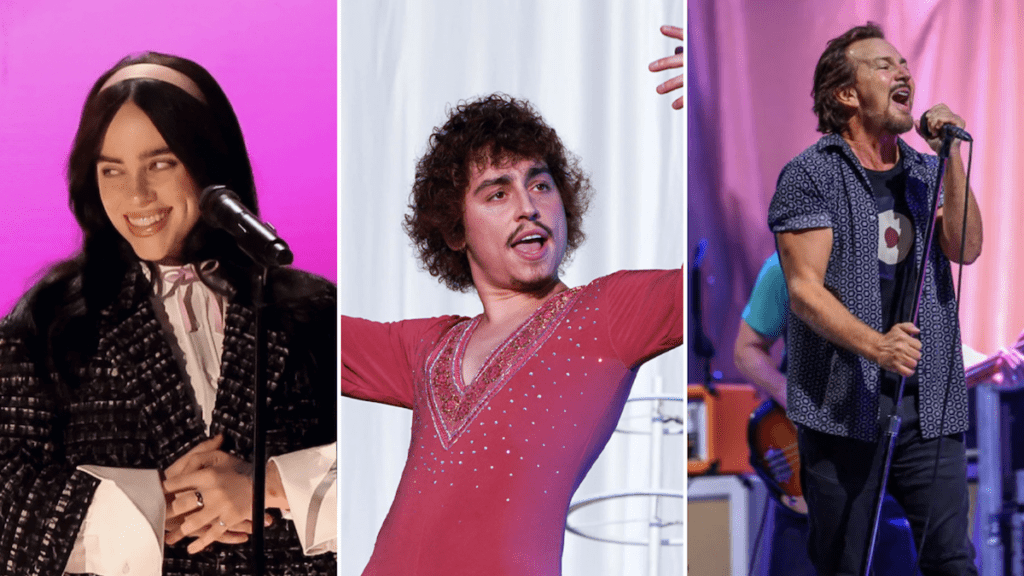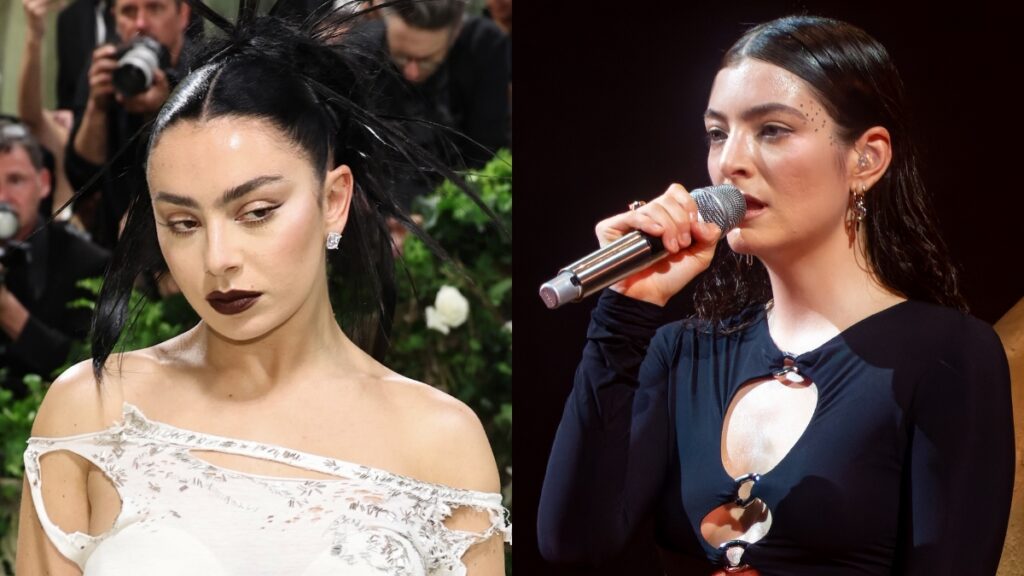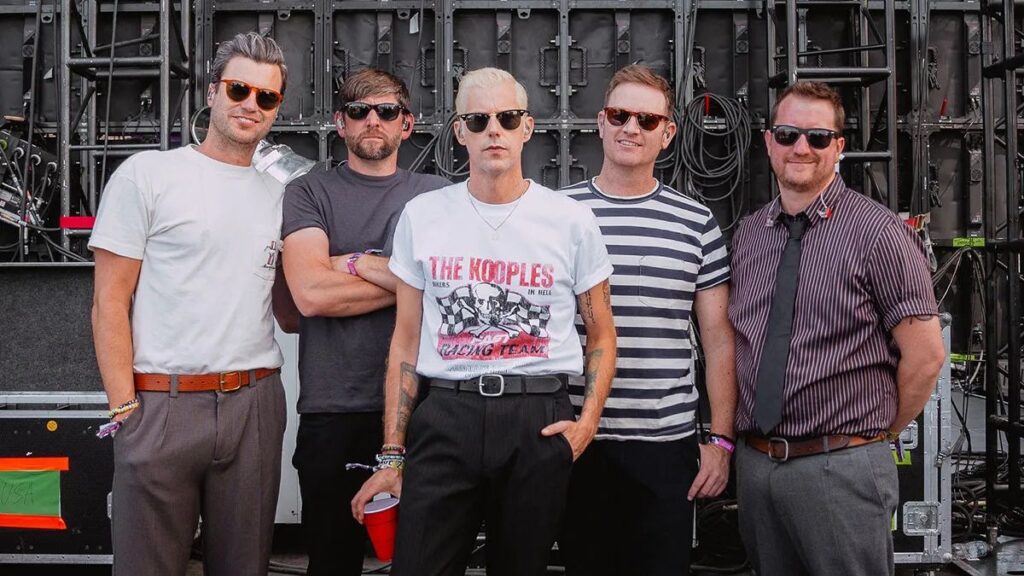Billie Eilish, Greta Van Fleet, & Pearl Jam Among 200 Artists Calling for Responsible AI Music Practices
Non-profit organization Artist Rights Alliance has issued an open letter focused on the rise of AI in music, signed by over 200 prominent names in the music industry, including Billie Eilish, Pearl Jam, Greta Van Fleet, Jason Isbell, Katy Perry, Nicki Minaj,Elvis Costello, Jon Batiste, and Stevie Wonder.
Under the call to “stop devaluing music,” the letter states, “Some of the biggest and most powerful companies are, without permission, using our work to train AI models. These efforts are directly aimed at replacing the work of human artists with massive quantities of AI-created ‘sounds’ and ‘images’ that substantially dilute the royalty pools that are paid out to artists.”
Beyond potential royalty and revenue losses, the letter goes on to push back against the “assault on human creativity” posed by AI. “Unchecked, AI will set in motion a race to the bottom that will degrade the value of our work,” the document reads. The full note from Artist Rights Alliance can be found here.
Related Video
With signatures from rising artists like Ayra Starr to a representative from the estate of Frank Sinatra and an encompassing affirmation from HYBE, the South Korean home of BTS, the request closes with a note to AI companies, urging “developers, technology companies, platforms, and digital music services to pledge that they will not develop or deploy AI music-generation technology, content, or tools that undermine or replace human artistry.”
Last year, an AI-generated track designed to mimic the voices of Drake and The Weeknd was ruled ineligible for a Grammy. “The Academy is here to support and advocate and protect and represent human artists, and human creators — period,” said Recording Academy CEO Harvey Mason Jr.
More recently, the estate of Edith Piaf partnered with Warner Music Entertainment to allow the late French singer to narrate her own biopic. Elsewhere, “You’re Beautiful” singer James Blunt shared the he felt “humiliated” after experimenting with an AI impersonation that mimicked his songwriting and delivery.
Last month, Tennessee became the first state to make strides to protect songwriters and artists with the ELVIS Act, which aims to protect the voices of artists as property rights.





